Are there any dated or expired herbs and spices in your pantry that you're
unsure if you should discard or keep using?
While spices do not lose their strength, freshness, or flavor over time like vegetables or other foods do, they do expire. Seasonings and dried spices do lose their flavor with time, but not in a noticeable way. This implies that adding expired condiments or spices to your food in an attempt to increase flavor won't really benefit you.
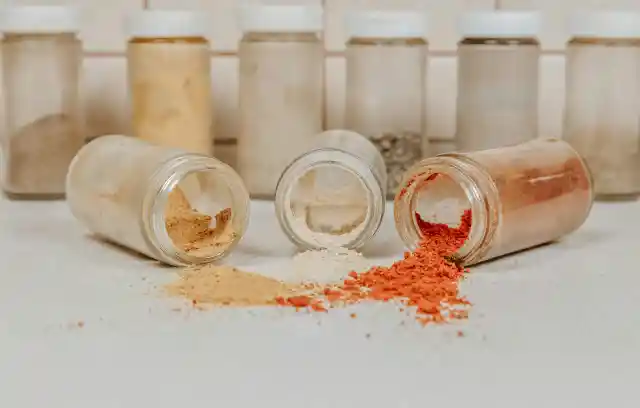
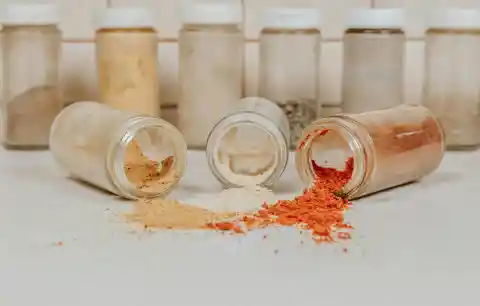
If you are not sure how long you have had your spices, you can identify if they need to be replaced by assessing their flavor and aroma. Crush or massage a tiny quantity into your hand's palm. If the aroma and flavor are lacking, it's usually time to replace them.
But hang on! You do not have to discard the expired spices straight right away. There are ways to put unused spices to good use and save waste. Here are some simple suggestions for using your expired spices in a fresh way if you'd want to reuse them rather than toss them out:
Make Candles
Many spices add a wonderful fragrance to the food. Saffron, cinnamon, and ginger are some of the spices that work best for maximizing this scent when used in candlemaking. This has to be combined with coconut oil and melted soy wax.


You need to gradually add each of these items to a double boiler. The mixture must then be put into a heat-resistant glass with the aid of tweezers to give it a lovely finish. This is a cost-effective method of creating beautiful and luxurious candles at home without breaking your wallet.
Fend off Insects
You can use your spice to ward off little insects. Did you know, for example, that cockroaches detest bay leaves? To keep these pests away, scatter bay leaves in the dark crevices where these tiny insects like to hide. Mint, on the other hand, naturally repels fleas and ants and can also help keep mice away.
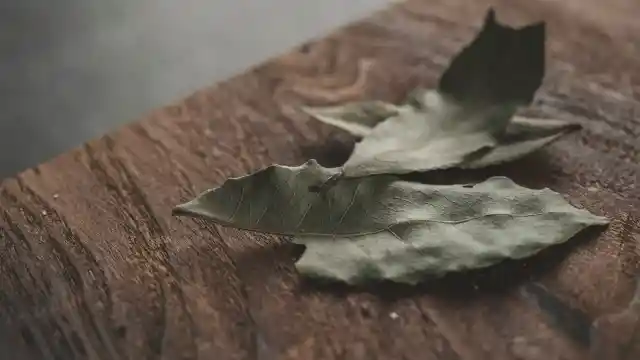
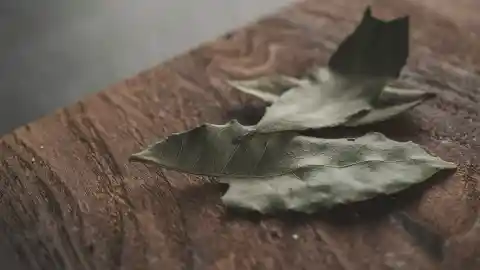
Create spice sachets using dried basil, bay leaves, dill, lavender, rosemary, garlic, or thyme and place them in locations where you typically observe insects flocking because most insects and bugs detest the smell of specific spices. Also, whole nutmeg, cinnamon sticks, and cloves all have natural insect-repelling qualities that are excellent for warding off moths if you're experiencing a moth problem!
Spice Sachets
Many spices have inherent deodorizing properties, including oregano, thyme, and sage. To freshen up musty corners of your home like the garage or basement, pour them into a little sachet bag and hang it there.
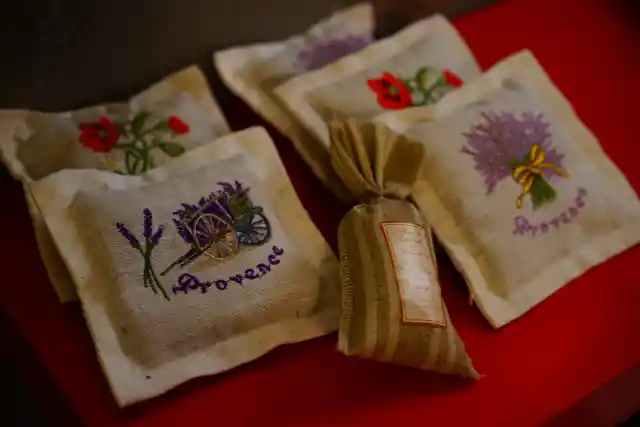
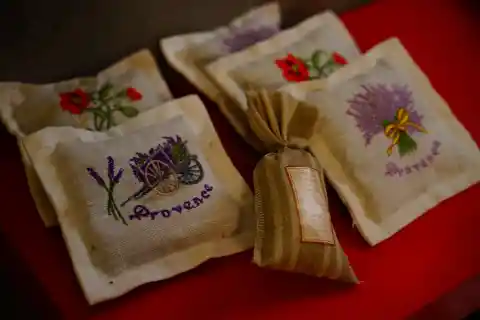
These sachets can also be used as herbal bath sachets. Fill a cloth pouch with dried lavender, chamomile, and rosemary. For a calming and fragrant soak, add it to your bathtub water. If you don't have any sachets, coffee filters, old socks, or fabric scraps will suffice.
Create Natural Dyes
Colorful spices such as turmeric, saffron, and paprika work well for fabric dyeing. Wrap each spice in a cheesecloth bag and heat a large pot of water. Place the bundle into the saucepan and let it boil for around sixty minutes.


After adding one cup of white vinegar to the colored water, cover the saucepan, add the cloth, and boil for approximately half an hour. Take the cloth off, wring it out, and let it air dry. And don't forget the Easter eggs! Old spices are a fantastic natural egg decorating color. For orange, try paprika; for yellow, try turmeric.
Potpourri
Heat has the ability to release the remainder of a spice's volatile oils, giving it a beautiful scent even if it doesn't smell as powerful as it was.
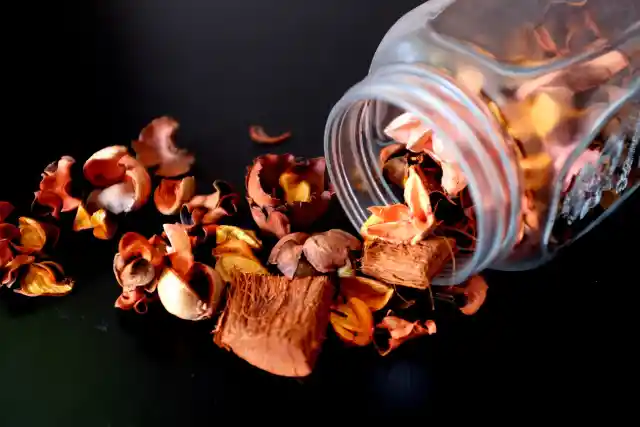
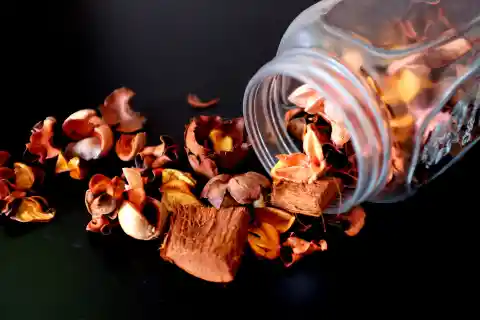
Put some spices in a the pot of boiling water on the stove, such as ginger, cloves, cinnamon, or cardamom, depending on the scent you wish to fill your home with. You can add some citrus peels as well.
Plant Food
Spices have vitamins and minerals that can be utilized to promote the healthy growth of plants. To keep your plants happy, sprinkle in a mixture of thyme, rosemary, bay leaf, and oregano; for powdery mildew, use turmeric. Also, several spices have antifungal qualities.
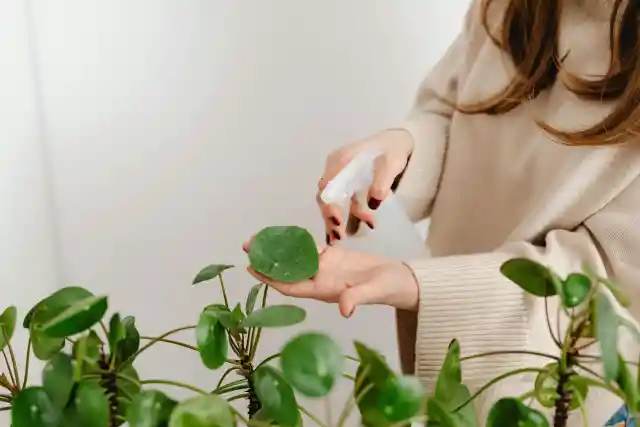
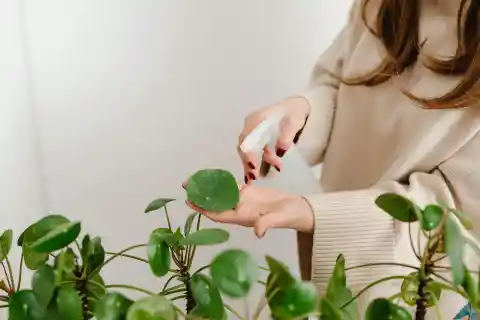
Mix two glasses of water with a teaspoon of cinnamon if you have fungus developing on your plants. After letting the mixture remain overnight, drain it the next morning using a coffee filter. Transfer the liquid to a spray bottle and apply it to leaves and roots as an all-natural homemade fungicide.
Handmade Soaps
Many spices have inherent qualities that brighten and exfoliate the skin. Anise, ginger, turmeric, saffron, and cinnamon are a few spices that may be used to make soaps. For optimal effects, combine the spices with a variety of other therapeutic herbs, such rosemary and basil.
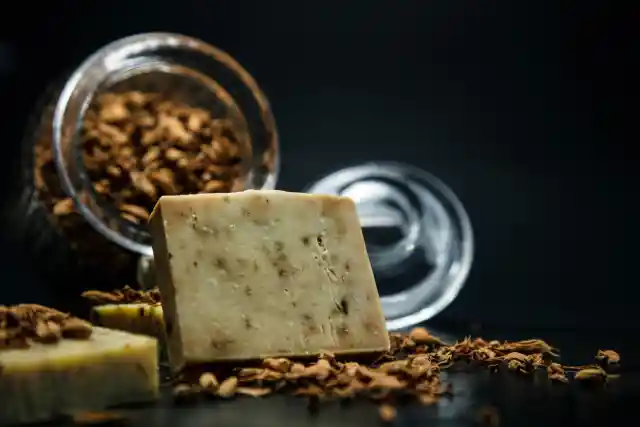
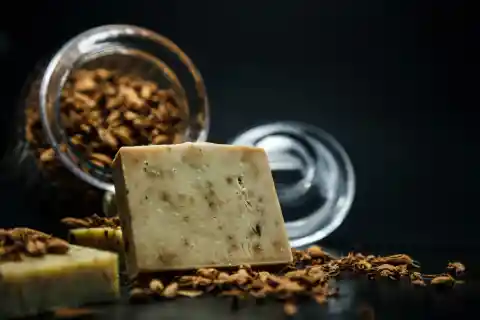
Combine two cups of the clear glycerine soap base with the essential oils for scent and any expired powdered spices. The granules in the soap function as natural exfoliants, leaving you feeling clean and refreshed all day.
Freshen Carpets
Over time, carpeting could start smelling a little musty, particularly if you have dogs. To freshen up the carpet, just sprinkle some rosemary and ginger over it before cleaning.
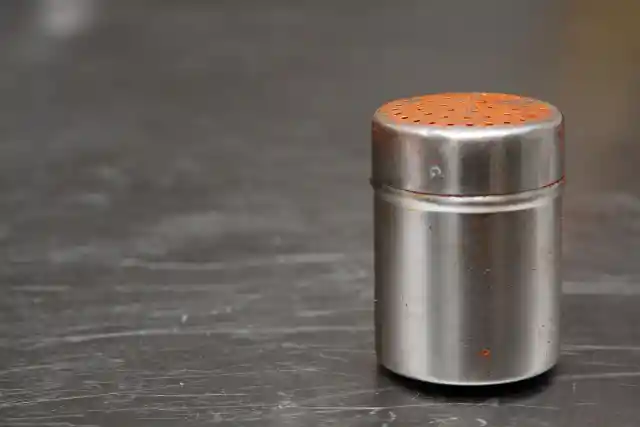
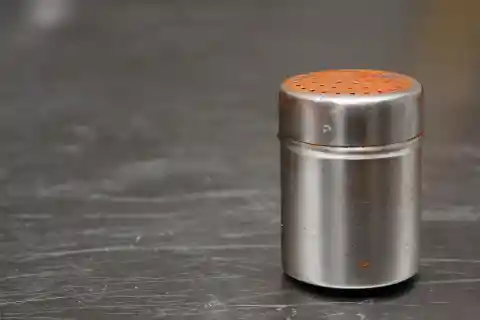
Also, you can mix some baking soda with cinnamon, nutmeg, cloves, dried thyme, rosemary, or lavender, along with a few drops of essential oil for fragrance. Using a stainless steel shaker, sprinkle into carpets; allow to settle for a few minutes before cleaning. Just be cautious not to add any spices or herbs that can discolor the carpet.
Keep Fridge Fresh
It's likely that you've heard of deodorizing your refrigerator by placing an open box of baking soda inside, but this method works much better.
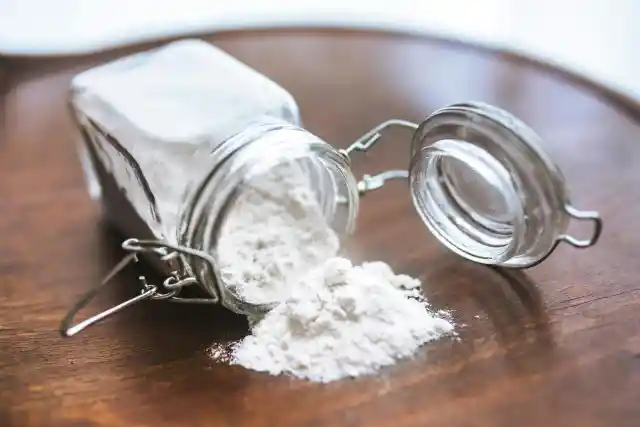
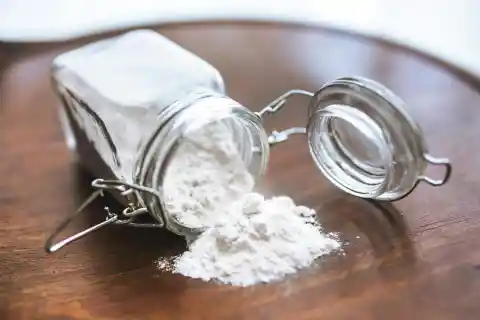
Add the spices that have gone bad to the jar filled with baking soda, and cover it with a coffee filter or piece of cloth fastened with a rubber band. It all adds up to a homemade odor-absorbing solution that keeps your fridge smelling great.
Infused Oil
There are a few methods for infusing expired spices into your oil. The simplest is to just put your oil and spices in a sealed jar, cover, and let the mixture steep for up to six weeks, then strain the solids out.
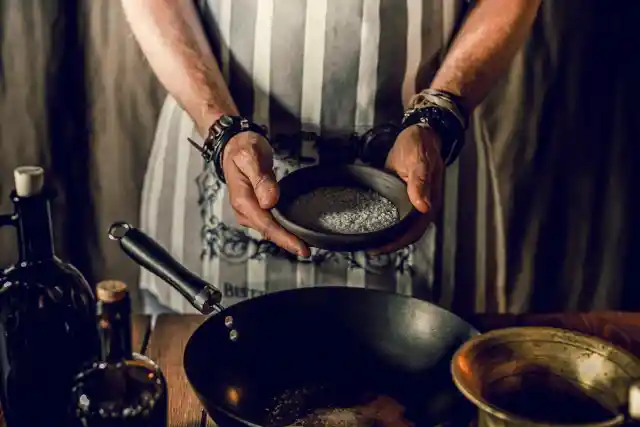
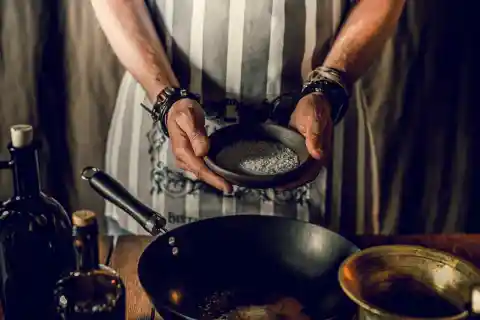
If you want to make sure the two components blend well, try sizzling your aromatics in a skillet with the oil. You can filter off the spices when the infusion is complete, leaving you with an immediately usable oil.
If you'd rather not deal with hot oil sizzling in a skillet, another option is to infuse the oil and spices in a jar by boiling it in a water bath. Use your creativity when it comes to taste combinations, regardless of the method you choose.